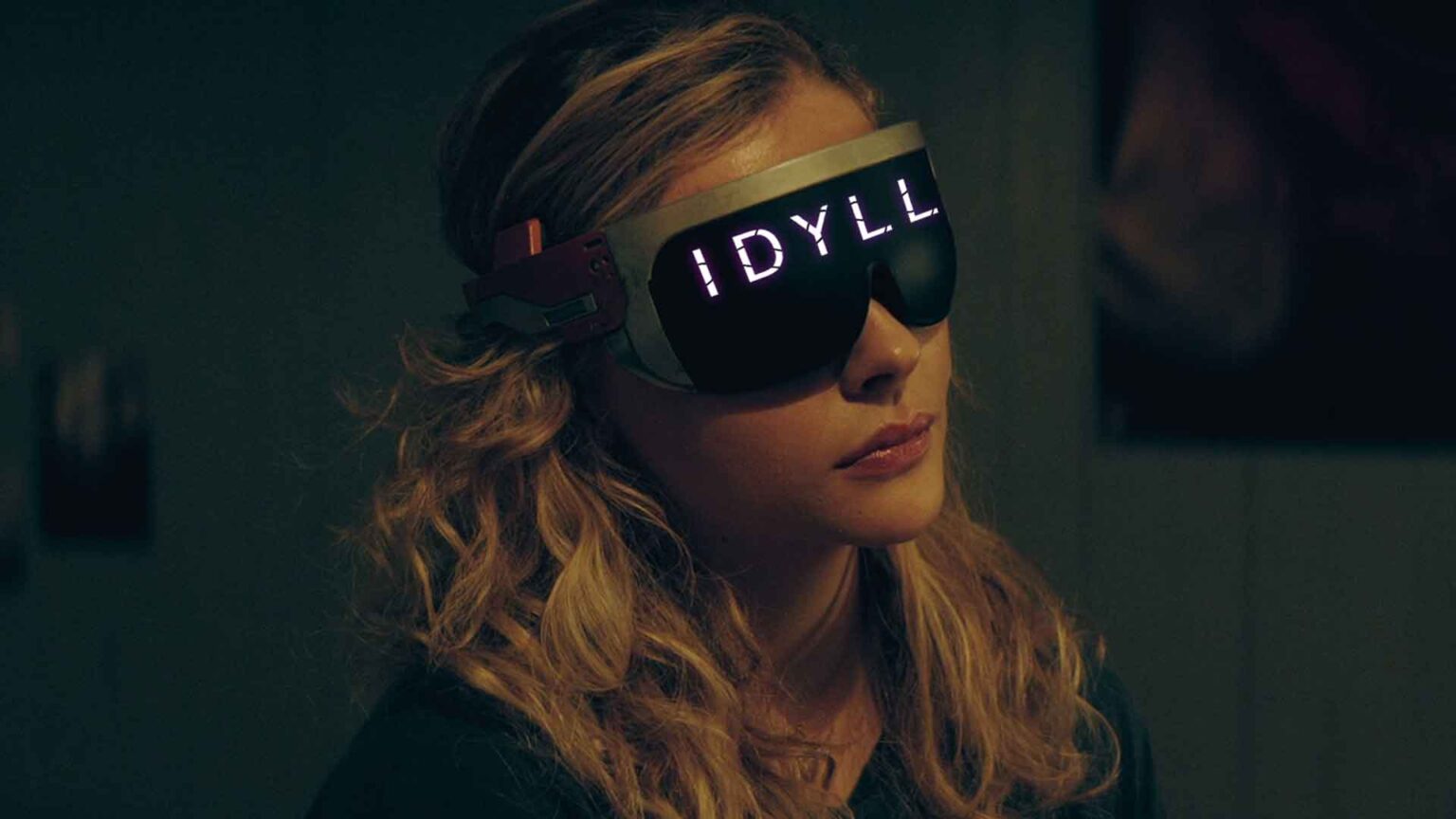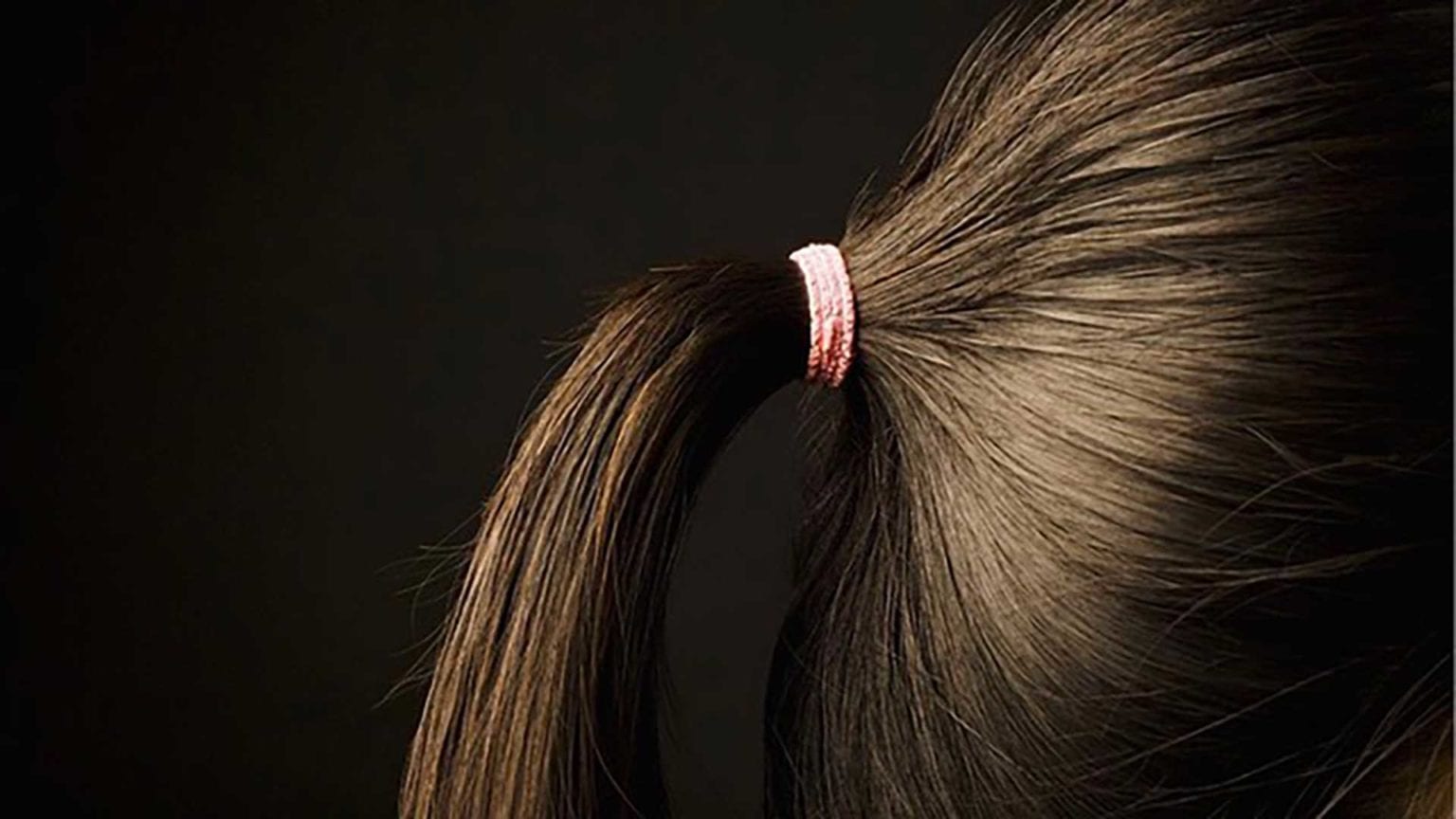Violet Blvd. is a short thriller that aims to question the preconceptions and prejudices domestic victims face in the justice system. The film follows Elise, an emotionally distraught housewife, moments after her husband’s death. She is introduced in the bathroom, attempting to wash the blood off her hands, but the blood will not wash off no matter how hard she scrubs. When two police officers arrive to investigate reports of screams, she hides the blood and struggles to convince them of her innocence as they investigate the scene. Prompted by her suspicious behavior, the officer demands she show him what is under her sleeves. We learn there isn’t blood, only bruises. Despite this and all other evidence demonstrating an obvious case of self-defense, the police take her in regardless. They attribute her husband’s abuse as a motive for murder, disregard her as a victim, and begin treating her as a suspect. The familiar motif of washing bloody hands demonstrates traditional themes of guilt, which dates back to Shakespeare’s Macbeth. This time, the motif gets spun into a new twist, incorporating mental stress and shame through the reveal of bruises.
“Violet Blvd.” will feature low-key lighting that creates a sense of apprehension and mystery. Camera movement will be handheld and shot in medium or medium close-ups to immerse the audience in Elise’s perspective, riddled with paranoia and unease. Additionally, an atmosphere or fog will create a dusty, hopeless setting. Set dressing shows a once pristine and happy house now taken by the force of the abusive relationship. Colorful keepsakes and photos of her life are dusty and hidden in the background, with dark and cool tones forming the foreground. This builds a layered timeline of sorts, which gives subtle insight into the degradation of her marriage that has led to the present day.
HomeViolet Blvd.

Violet Blvd.
Support
To make a donation in support of Violet Blvd. make out a check payable to: SIMA STUDIOS and mail to 551 Norwich Drive, West Hollywood, CA 90048. SIMA’S Tax ID is 46-2836025. Be sure to write “Violet Blvd.” on the notes/memo line of the check. If you would prefer to make a wire transfer, please reach out to project@simastudios.org.
To donate via Paypal and/or Credit Card, click the DONATE button above. Every amount is appreciated and an important contribution






